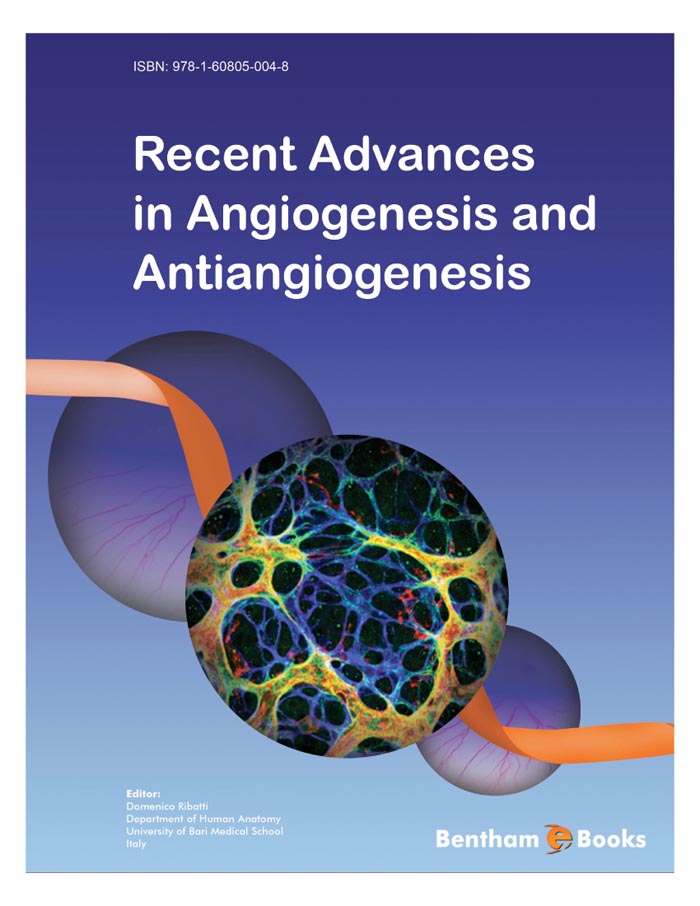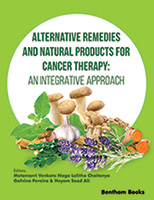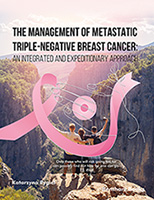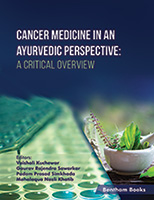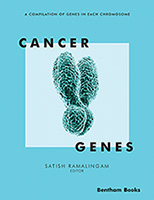Angiogenesis, the process by which new blood vessels are formed, is an important event in both physiological and pathological conditions. Angiogenic and antiangiogenic molecules released by accessory cells control neovascularization, notably the migration and proliferation of endothelial cells, their morphogenetic differentiation in capillaries and the concurrent remodeling of the extracellular matrix. Under physiological conditions, these steps are tightly controlled, and loss of such control is an important feature of several diseases.
Increased production of angiogenic stimuli and/or reduced production of angiogenic inhibitors leads to abnormal neovascularization, such as occurs in cancer, chronic inflammatory diseases, diabetic retinopathy, macular degeneration and cardiovascular disorders.
Starting with the hypothesis of Judah Folkman that tumor growth is angiogenesis dependent, this area of research now has a solid scientific foundation. Several clinical studies have shown a positive correlation between the number of vessels in the tumor, metastasis formation and disease prognosis.
Many solid and hematologic tumors in advanced stages are not curable with the currently available anticancer treatments, which primarily target the tumor cells. The genetic instability of tumor cells permits the occurrence of multiple genetic alterations that facilitate tumor progression and metastasis, and cell clones with diverse biological aggressiveness may coexist within the same tumor. These two properties allow tumors to acquire resistance to cytotoxic agents, which is still the main cause of treatment failure in cancer patients.
Whereas conventional chemotherapy, radiotherapy, and immunotherapy are directed against tumor cells, antiangiogenic therapy is aimed at the vasculature of a tumor and will either cause total tumor regression or keep tumors in a state of dormancy.
A number of approaches have been proved to inhibit tumor angiogenesis. Since tumor-associated angiogenesis develops as a physiological mechanism, its inhibition should not lead to emergence of resistance; and since each neovessel supplies hundreds of tumor cells, inhibition of angiogenesis should potentiate the oncostatic effect. By contrast, vascular targeting focused on specific molecular determinants of the neovasculature to be used for local delivering of a toxic effect that leads to a vascular damage and tumor necrosis
Numerous compounds inhibit angiogenesis, but few of them proved effective in vivo and only a couple of agents were able to induce tumor regression. Antiangiogenic tumor therapy has gained much interest in preclinical and clinical assessment
It has been estimated that over 10000 cancer patients worldwide have received experimental form of antiangiogenic therapy. However, the results from these clinical trials have not shown the dramatic antitumor effects which were expected following preclinical studies. This may be because of inadequate trial design in earlier studies. From the results obtained so far in clinical trials it can be concluded that the future clinical success of angiogenesis inhibitors could be related to their use in combination with chemotherapy or radiotherapy.
The main problem in the development of antiangiogenic agents is that multiple angiogenic molecules may be produced by tumors, and tumors at different stages of development may depend on different angiogenic factors for their blood supply. Therefore, blocking a single angiogenic molecule was expected to have little or no impact on tumor growth. Currently, most of the FDA-approved drugs as well as those in phase III clinical trials target a single proangiogenic protein. However, in apparent contrast with this view, experiments with neutralizing antibodies and other inhibitors demonstrated that blockade of vascular endothelial growth factor (VEGF) alone can substantially suppress tumor growth and angiogenesis in several models. Therefore, eventually other angiogenic proteins may be expressed by a tumor in which only VEGF is inhibited and give the clinical appearance of acquired "drug resistance".
A clinical challenge in antiangiogenesis is the finding of biological markers that help to identify subsets of patients more likely to respond to a given antiangiogenic therapy, as well as to determine optimal dosing of therapy, to detect early clinical benefit or emerging resistances and to decide whether to change therapy in second-line treatments.
An ideal angiogenesis inhibitor should be orally bioavailable with acceptable short-term and long-term toxicity and have a clinically useful antitumor effect. Moreover, carefully constructed clinical trials with valid endpoints need to be executed. Finally, cancer genomics and proteomics are likely to identify novel tumor-specific endothelial targets and accelerate drug discovery. With the advent of specific and potent new agents, oncologists have a variety of direct and indirect antiangiogenic agents to choose from when designing therapy protocols.
This book was undertaken to discuss the biological process and molecular mechanisms involved in angiogenesis and to discuss some agents that have shown to inhibit angiogenesis. I express my gratitude to all my colleagues who have contributed to this book.
Domenico Ribatti
University of Bari

